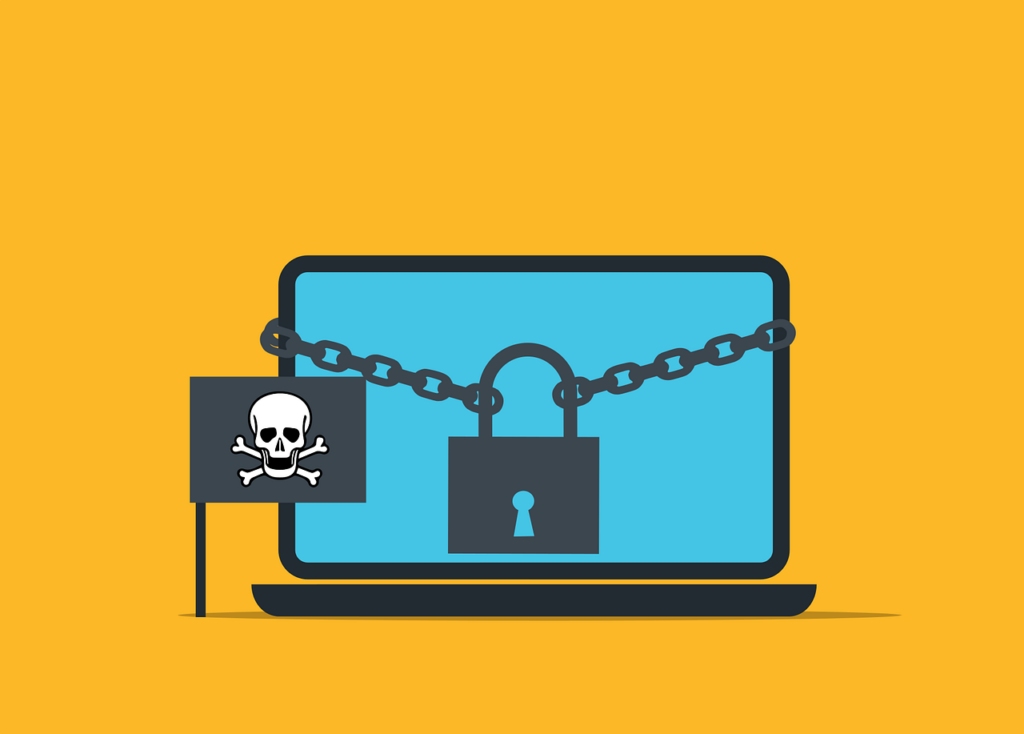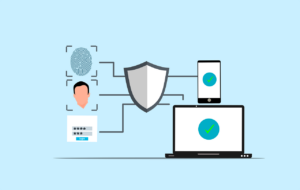Ransomware is one of the biggest cybersecurity threats out there today. It can lock up your files and demand money to get them back—leaving businesses and individuals in a tough spot.
So, how do you protect yourself from ransomware? And what should you do if you get hit? As IT support experts in Brisbane and Mackay, we help businesses prevent and recover from cyber threats with managed IT services that actually work. Here’s what you need to know.
What is Ransomware?
Ransomware is a type of malware that locks your files and demands a ransom to unlock them. Hackers usually send it through emails, fake websites, or infected networks. Once inside, it encrypts your files so you can’t access them—then demands payment.
Sounds terrifying? It is. But you don’t have to be an easy target.
How Does Ransomware Work?
Ransomware usually sneaks in through:
- Phishing emails – Fake emails tricking you into downloading malware.
- Compromised websites – Clicking the wrong link can infect your system.
- Network attacks – Once inside, ransomware can spread across devices.
Once it’s in, it encrypts your files and demands money in exchange for the key. And here’s the kicker: even if you pay, there’s no guarantee you’ll get your files back.
How Can You Prevent Ransomware Attacks?
Stopping ransomware before it hits is the best defense. Here’s how:
1. Keep Your Software Updated
Hackers exploit outdated software. Enable automatic updates for your operating system, programs, and security tools to close security gaps.
2. Use Strong Antivirus Protection
A good antivirus program can detect and block ransomware before it does any damage. Keep it updated and running at all times.
3. Be Cautious with Emails
Most ransomware starts with a fake email. Don’t:
🚫 Open emails from unknown senders
🚫 Click on suspicious links
🚫 Download attachments unless you’re sure they’re safe
4. Back Up Your Files (Regularly!)
If ransomware locks your files, backups are your safety net. Use:
✔ External hard drives (disconnected after backup)
✔ Secure cloud storage with version control
Don’t rely on just one backup—have multiple copies stored safely.
What to Do If You Get Ransomware
Think you’ve been hit? Don’t panic—take action.
1. Disconnect from the Network
Unplug your computer from the internet immediately. This stops ransomware from spreading.
2. Do Not Pay the Ransom
Paying doesn’t guarantee you’ll get your files back. It just funds more attacks.
3. Report the Attack
Notify your country’s cybersecurity agency and local authorities. They can help and may track the attackers.
4. Restore from Backup
If you have a recent backup, wipe your system clean and restore your files.
How Can Businesses Protect Themselves?
For businesses, ransomware can be disastrous. Beyond locking files, it can cripple operations and damage customer trust. Here’s how to reduce your risk:
1. Train Your Employees
Most ransomware enters through human error. Train your team to spot phishing scams and suspicious emails.
2. Enforce Strong Passwords
Weak passwords are an open door for hackers. Use:
- Long, unique passwords for each account
- Multi-factor authentication (MFA) for extra security
3. Restrict Access to Important Files
Not every employee needs access to everything. Limit file access to only those who need it.
4. Have a Ransomware Response Plan
A solid plan helps businesses act fast and limit damage. Run practice drills so your team knows what to do.
How Is Ransomware Evolving?
Ransomware is getting smarter. Here are some new threats to watch for:
1. Attacks on Phones & Tablets
Hackers aren’t just targeting computers anymore. Mobile ransomware is on the rise—so keep your phone secure.
2. Double Extortion Attacks
Some ransomware doesn’t just lock your files—it steals your data too. Attackers then threaten to leak it unless you pay up.
3. Cloud-Based Ransomware
With more businesses storing data in the cloud, ransomware is now targeting cloud storage services. Make sure your cloud accounts have strong security.
Stay Safe and Prepared
Ransomware is a real threat, but you can protect yourself.
- Keep your software updated
- Be cautious with emails
- Use strong security tools
- Back up your files regularly
For businesses, employee training, access control, and a strong security plan are critical.
💡 Don’t try to fight ransomware alone. If you need expert IT support in Brisbane or Mackay, we’ve got you covered. Whether it’s preventing attacks, recovering data, or strengthening security, we can help.
📞 Contact us today and keep your business safe!
—




